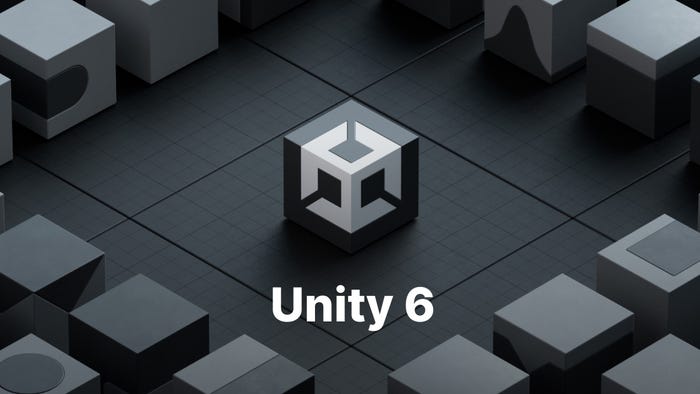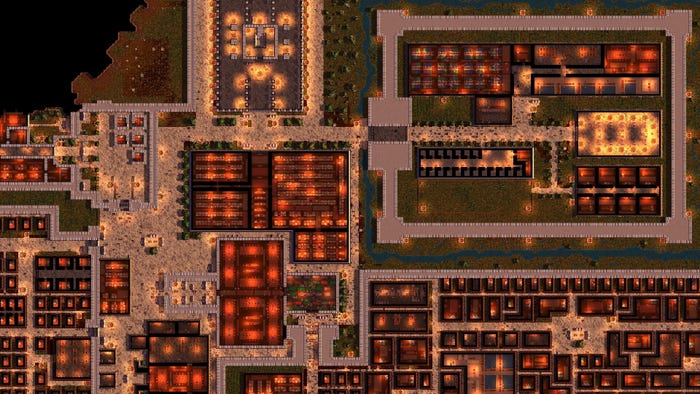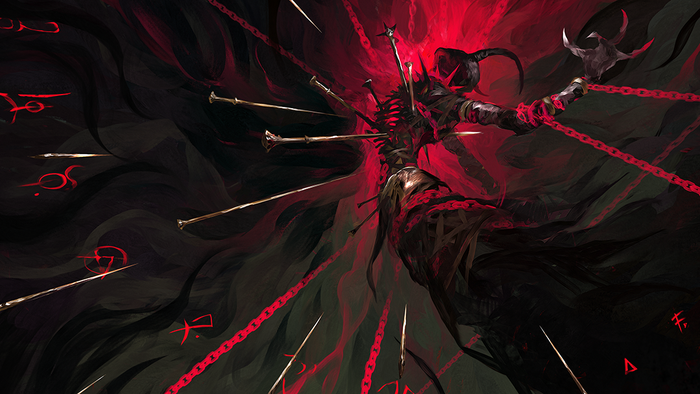
Featured Blog | This community-written post highlights the best of what the game industry has to offer. Read more like it on the Game Developer Blogs.
How Your Game Can Change the World - Part IV
The last part of a series exploring what impact games teach us about crafting all games to have a positive effect on the world. Here we look at what two human experience games can teach us about making our players happier, and tie all four parts together.

This is the final part of a series that explores what social impact games might teach us about designing all of our games to have a more positive impact on the world.
In part one we looked at how “healing games” can teach us that the message our games convey affect how our players think and act. In part two we examined what “empathy games” have to teach us about how our treatment of people in games affects how people are treated in reality. In part three we explored how “fundraising games” can teach us to attract more players and make more money by raising money for people in need.
In this part we’ll look at two “human experience games” and what they might teach us about making our players happier people, and we’ll tie all four parts together with a nice bow.
Human Experience Games - Every Day the Same Dream and Uplifted
Human experience games explore the thoughts and emotions that make us who we are. The two examples I chose in this category are Everyday the Same Dream and Uplifted.
Everyday the Same Dream’s creator, Paolo Perdrcini, describes it as, “a short existential game about alienation and refusal of labor.” For me, it’s a bleak look at what it’s like to feel trapped in your life. I invite you to play it and derive your own meaning. In any case, it has simple mechanics and only takes about twenty minutes to play through. Without spoiling too much, the main character seems stuck in the monotony of his day-to-day life. He wakes up, gets dressed, goes to work…wakes up, gets dressed, goes to work…repeat, repeat, repeat. This game made me consider my own day-to-day life. Am I happy? Am I living the life I want? Or am trapped in a meaningless loop?
On the other side of the spectrum we have Uplifted. Uplifted is a game about bringing happiness back to the land of Happ, and during that process, creating more happiness for yourself. You do the former by guiding the last surviving Happ though its world by digging tunnels in a mechanic similar to Where’s My Water?. You do the latter by answering questions about yourself designed to help you better access your own happiness. Questions like, “Who is the most important person in your life?”, “What made you smile today?”, and “What are you looking forward to this week?”. Your answers are then stored in the game for you to review later.
I think games as a promoter of happiness, beyond just their entertainment value, is an area ripe for exploration, and that’s the lesson from human experience games that I’d like to explore here.
Human Experience Games Teach Us that Happiness Matters
The increase in the popularity of positive psychology since the 2000s has given rise to an exciting amount of new research on happiness. That research tells us that happy people perform better in work, school, and sports. That they have fewer health problems and better relationships. And that, most importantly for us, happiness can be learned.8
I believe that games are a great tool for helping players learn to become happier people. I’m not just talking about the happiness we feel while we’re playing. I mean a happiness that lasts even after we put down the controller or step away from the keyboard. Games can help us strengthen our ability to be happy in the long term.
So, how might we weave better messages about happiness, based on the research, into the games we’re making?
Human Experience Games Teach Us That Money Doesn’t Equal Happiness
First, the studies tell us that money doesn’t increase happiness once you get past about $60,000 a year in the US.9 When we think about how to gauge the happiness of characters in games, like Sim City for example, perhaps we’re weighting things like tax rates and access to shopping too heavily, and things like access to a close-knit community not heavily enough. We also might think about alternate currency systems that aren’t based on objects with monetary value – like money, coins, golds, gems, etc. A game economy based around social currency, for example, might make for a compelling experience. In a social currency system, the more time and effort players invest in different parts of their in-game communities the more they get out of it. In general, I think the lesson here is to ask yourself if you’re treating money in your game in a way that supports the myth that money equals happiness or the reality that, after a certain point, it does not.
Human Experience Games Teach Us that Good Deeds Make You Happy
Another thing the studies tell us is that doing good deeds makes you happier. Even witnessing good deeds works. People who witness others perform good deeds experience an emotion called elevation, a form of happiness, and this motivates them to perform their own good deeds.10
So how does this apply to games? One idea is to make it more obvious to all players when a player performs a good deed in a game. Publically reward experienced players for helping out a new player. Or publically recognize players for sportsmanlike behavior.
Another idea is to make clerics, medics, and other support classes, more rewarding to play. One way to do this might be, instead of just showing damage and kill stats at the end of a competitive game, show stats about number of points healed, and give some credit for extra damage done and prevented via buffs to the player that cast the buffs. League of Legends is starting to implement features like these, and I look forward to seeing them propagate into the next wave of games the industry creates.
Human Experience Games Teach Us that Serving Something Greater Than Yourself is a Key to Happiness
The last bit of happiness research that I want to examine is perhaps the biggest way to get deep, lasting happiness. It’s identifying our strengths and using them in service of something greater than ourselves.11 In our games, this can manifest as things like Zynga's Sweet Seeds program I mentioned in part three though that doesn’t get at the identifying your strengths piece as well. A better approach to this might be community quests - gamewide events where players of various play-styles work together to achieve the same game-changing goal.
I invite you to look for other ways to take this new happiness research and weave it into your games to help lead your players to more lasting happiness.
Conclusion - Our Games Are Changing the World
Okay, let’s bring it all together. Going back to the orgininal premise, “How can we change the world with our games?” First, we might accept that our games’ messages have an impact on the thoughts and actions of our players, and therefore society as a whole. Then, we might consider how the way we treat people in our games affects how our players treat people in reality. Then, we might consider how our game might directly, financially benefit people in need. And finally, we might consider how our games are helping players become happier individuals. If we do these things: we’ll be happier for it, as we’re using our strengths in service of something greater than ourselves; our players will thank us, because they want games that are doing good; and we’ll make a real difference in the world.
The human race spends billions of hours a week playing games. We’ve seen in this series that games have the power to transform as well as entertain. Let’s use that power to leave the world a better place than we found it.
Footnotes:
8Seligman, 1991; Lyubomirsky, King & Diener, 2005
9Diener & Diener, 1996
10Haidt, 2000
10Martin Seligman, The New Era of Positive Psychology
Read more about:
Featured BlogsAbout the Author(s)
You May Also Like









